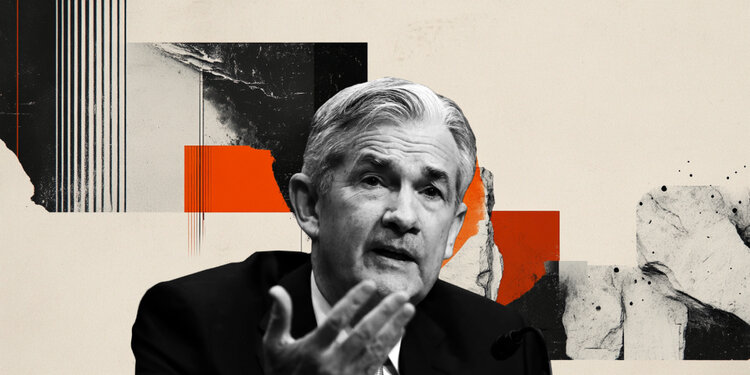Developments this week are unfolding rapidly across three key areas: tariffs, geopolitics, and the Federal Reserve. The first two are somewhat interconnected when it comes to India, which has faced a tariff hike to 50% in response to its economic ties with Russia. Yesterday’s rate hold from the Reserve Bank of India seems to go in the direction of currency stability – and perhaps in the hope of a trade de-escalation. The 88.0 level in USD/INR appears to be the key line of defence; should the RBI allow it to pass that level, the rally could accelerate in the near-term. Things aren’t looking much better for Switzerland on trade, as we discuss in the EUR section below, and the franc is back to being pressured, ING’s FX analyst Francesco Pesole notes.
USD short-term bias remains bearish
“What is also encouraging a rotation away from the franc is the more tangible possibility of a Russia-Ukraine truce. Trump is reportedly arranging meetings with both Russian President Vladimir Putin and Ukrainian President Volodymyr Zelensky as early as next week, and said there has been “great progress” on talks with Russia. With respect to the Ukraine war, the dollar still retains its role as a geopolitical risk hedge, especially due to the link with energy prices. Both crude and the dollar came under pressure yesterday.”
“Finally, the Fed succession saga. A media report suggested Trump is being advised to replace resigning FOMC member Adriana Kugler with an interim official until January and wait until then to announce his Fed Chair pick. We should get a decision soon, as Kugler’s resignation comes into effect tomorrow. We think the nomination of Kevin Hassett, who is considered the frontrunner, is a negative event for the dollar due to his dovish views and greater perceived exposure to Trump’s influence compared to the other main candidate, Kevin Warsh.”
“The dollar weakened yesterday, influenced by optimism around a Ukraine-Russia truce and the alignment with lower front-end swap rates. Three Fed officials (Mary Daly, Lisa Cook and Neel Kashkari) raised concerns over the jobs market deterioration. Cook specifically characterised the July payroll revisions as ‘typical of turning points’, and Daly said risks are skewed to more than two cuts this year. We’ll hear from Atlanta Fed President Raphael Bostic today (neutral, non-voter), but the mood seems to be shifting in off-meeting FOMC communication – seemingly as a prelude to a more official dovish turn at Jackson Hole (21-23 August), unless inflation data shocks next week. We expect some stabilisation in the dollar after yesterday’s correction and amid a rather light US data calendar. Still, our USD short-term bias remains bearish.”
Read the full article here


